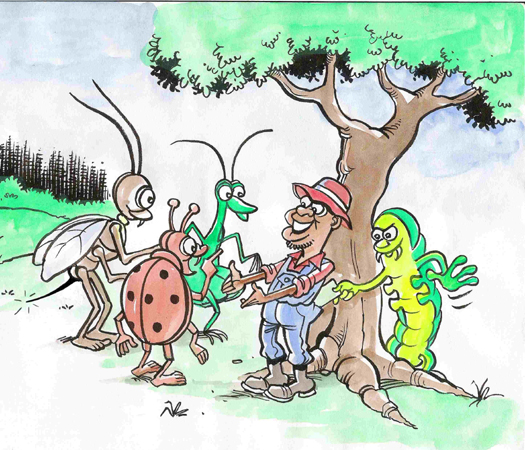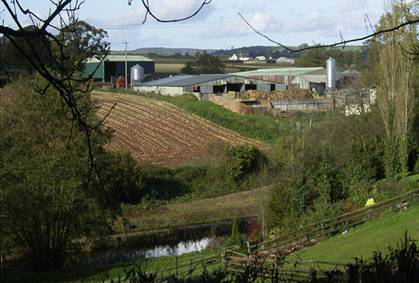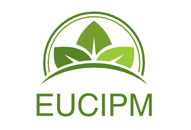
Building on a long history of research and development on integrated pest management [IPM] technologies for agriculture in developing countries and in the UK, NRI has inaugurated the European Centre for IPM. The EUCIPM was publically launched at the annual meeting of the Royal Entomological Society held at the UoG Medway campus in September 2011.
Development and promotion of IPM is the main pillar of the European Commission?s approach to decreasing pesticide use in European farming. EC Directives on pesticide registration and use, have resulted in the loss from the UK market, of some important crop protection products. The continuing review process could result in the removal from sale of many more pesticides commonly used in UK and EU farming. Farmers in the UK and other EU States are faced with having to produce more food profitably and sustainably, using fewer pesticides, while trying to avoid rapid development of pesticide resistance.
 EC Directive 2009/128, requires the implementation of IPM on all farms in Member States, by the end of 2014. These developments in EU policy re-focus attention on IPM and offer an opportunity for EUCIPM to make a contribution to local, national and European sustainable farming, through the development and promotion of IPM component technologies and systems. NRI offers a wealth of knowledge and expertise to help the British and European farming industries meet the challenge of delivering profitable food production, while maintaining and enhancing biodiversity and ecosystem services.
EC Directive 2009/128, requires the implementation of IPM on all farms in Member States, by the end of 2014. These developments in EU policy re-focus attention on IPM and offer an opportunity for EUCIPM to make a contribution to local, national and European sustainable farming, through the development and promotion of IPM component technologies and systems. NRI offers a wealth of knowledge and expertise to help the British and European farming industries meet the challenge of delivering profitable food production, while maintaining and enhancing biodiversity and ecosystem services.

The goal of the EUCIPM is to contribute technologies and to the policy debate, for the delivery of competitive food production and enhanced ecosystem services, through adoption of cost-effective IPM systems. The EUCIPM will provide IPM services to the farming and horticultural industries to manage the implementation of EU pesticide reduction strategies, enabling sustainable production of high quality food. Our vision is of a rural landscape which meets the aspirations of all sectors of the community, from producers through to consumers. This will require the concerted application of natural and social sciences to reduce the losses caused by pests and diseases, improving food security through profitable farming and provide safe and healthy food, while sustaining biodiversity, protecting the environment and decreasing agriculture's carbon footprint.

